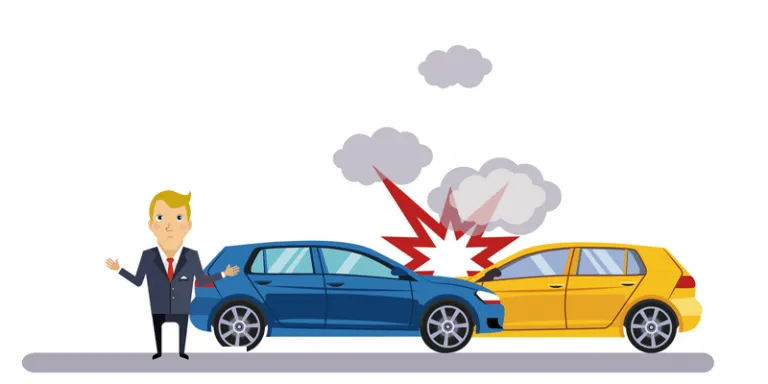Yes, a vehicle that has been in an accident can still be certified, but only if the car suffered minor damage.
Classifying a “Certified Car” is sort of like performing a background check: It’s not a declarative ruling that nothing bad ever happened to the vehicle; it simply means the car met a set of high standards set by the manufacturer.
That being said, you can’t, or at least shouldn’t be able to, find a certified that has been in an accident requiring any type of major repair, But…
As usual in car buying, the story doesn’t really end there. If you happened to read one of my previous posts, (How Do I Get A Carfax For Free), I discuss that vehicle histories, such as those provided by Carfax and Autocheck, only contain information that was submitted to them, which means there’s a decent chance a vehicle’s history isn’t always what it seems.
Table of Contents
Is it OK to buy a car that has been in an accident?
Yes, it is perfectly OK to buy a car that has been in an accident as long as the vehicle suffered only moderate damage AND you can verify the repairs were done correctly.
If OEM parts were replaced with cheap aftermarket parts, or the paint wasn’t matched correctly, these are signs the repairs were insufficient.
What does “Certified” mean on a Carfax?
If you see the term “Certified” on a Carfax it means one of two things:
- The vehicle is Certified Pre-Owned.
- The vehicle is Carfax certified, which means a Carfax report was run on the vehicle.
These are two completely different standards, as Certified Pre-Owned means the car met very high standards set by the manufacturer and a car Carfax Certified Car simply means a vehicle history report is available for that car.
How Do I Know If A Car Has Been In An Accident?
The only real way to verify whether a vehicle has been involved in any type of accident is to order an inspection from an independent inspector or inspection service. That’s all you need to Google and what will usually come up are some agencies along with several private individuals, usually men, with years of automotive experience.
If you still want to beef up on detecting a prior accident yourself, which isn’t a bad idea considering these inspections usually run around $150, then check out this article from Cheatsheet.com.




One Response
Can a car dealership obtain both a Carfax and an Auto Check report on a used car and choose the one with no accident report before selling a vehicle?
Mm N